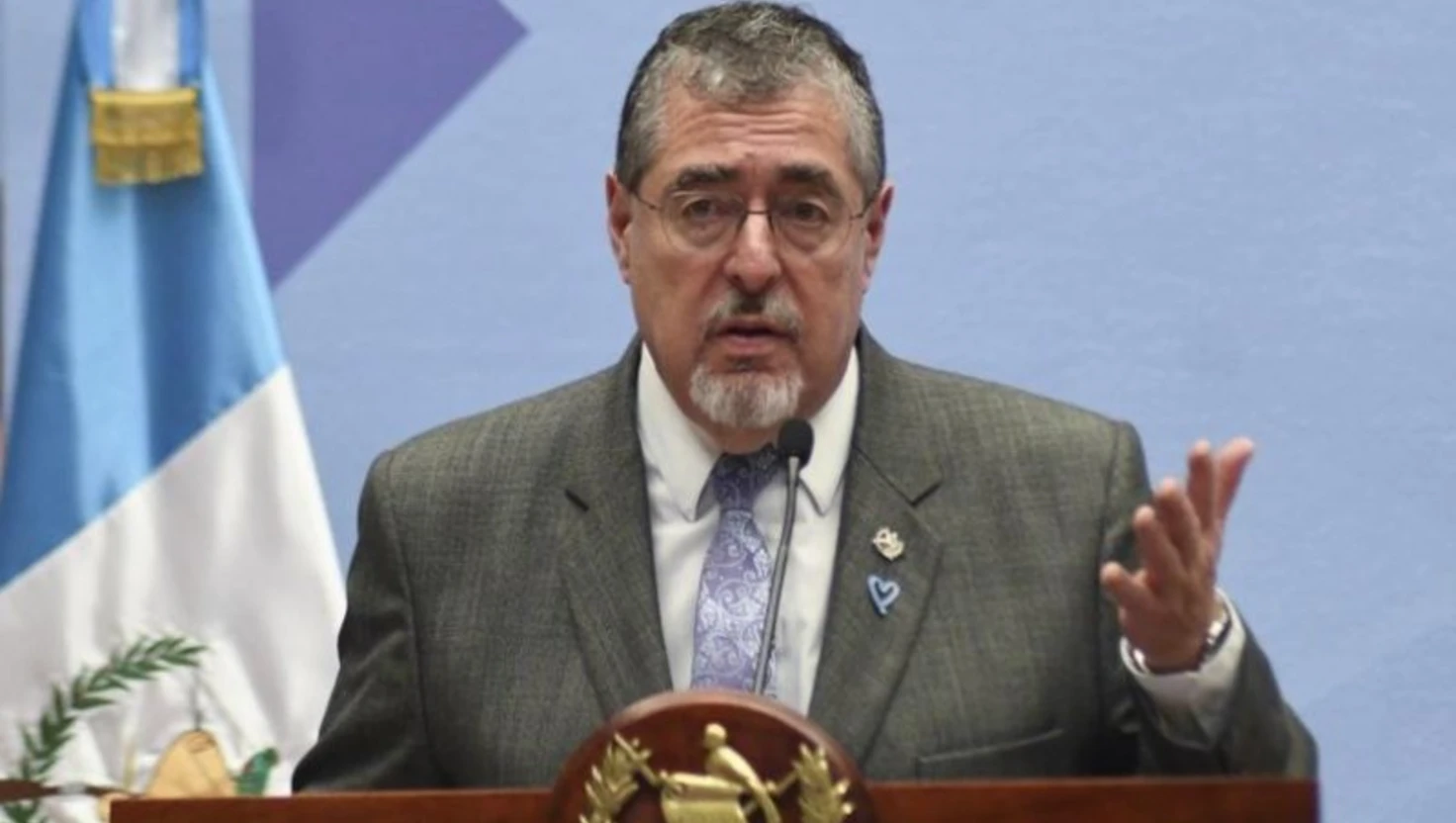Canada Charges Two in $40 Million Money Laundering Investigation

Canada Charges Two in $40 Million Money Laundering Investigation
Canadian authorities have charged two individuals and one company with 29 offences in a $40 million money laundering case involving transfers from the UAE.
The Royal Canadian Mounted Police (RCMP) have charged two men and one company in connection with an alleged scheme that funnelled more than $40 million into Canada from the United Arab Emirates. According to the RCMP’s Northwest Region Federal Policing division, the funds were moved through a complex web of shell companies and third-party bank accounts designed to conceal the origin and nature of the money.
The investigation, led by the Integrated Money Laundering Investigative Team (IMLIT), resulted in 29 charges related to money laundering and fraud. Authorities allege that the accused attempted to circumvent Canada’s anti-money laundering legislation by exploiting gaps in reporting requirements.
The two individuals charged are Kevin Sarrafi, 39, of Alberta, and Saba Sarrafi, 45, of Coquitlam, British Columbia. Mr Sarrafi of Alberta was arrested and is scheduled to appear at the Alberta Court of Justice in Calgary on 30 June 2025. A Canada-wide arrest warrant has been issued for Mr Saba Sarrafi, who faces 29 charges.
Canex Forex Ltd., a registered money service business with offices in Calgary and Vancouver, is also facing 29 criminal charges.
The RCMP alleges that the individuals, operating through Canex Forex Ltd., transferred large sums of money into Canada using false documents, nominee accounts, and layered transactions across jurisdictions. These methods, investigators say, were employed to frustrate detection efforts and violate the Proceeds of Crime (Money Laundering) and Terrorist Financing Act.
According to the RCMP, the support of Canada’s financial intelligence and regulatory bodies was key in advancing the case. “This investigation underscores the critical importance of collaboration between law enforcement, public agencies, and the private sector to strengthen and enforce Canada’s anti-money laundering regime,” said RCMP Federal Policing Northwest Region in a statement.
The operation was carried out in partnership with the Canada Revenue Agency’s Criminal Investigations Division and the Forensic Accounting Management Group. Additional support was provided by the Financial Transactions and Reports Analysis Centre of Canada (FINTRAC) and the Canadian Bankers Association.
The case is part of IMLIT’s broader mandate to target and dismantle networks engaged in laundering proceeds of crime. The task force was created to disrupt the flow of illicit funds linked to organised crime, and operates by combining criminal prosecution with forensic financial analysis.
A spokesperson for the RCMP stated that the accused deliberately structured transactions to avoid triggering mandatory financial reporting thresholds and obscured beneficial ownership through a series of nominee accounts. The investigation was launched following intelligence referrals and suspicious transaction reports from financial institutions and government agencies.
No plea has yet been entered by the accused, and the charges have not been proven in court.
Context:
Canada’s money laundering enforcement framework is governed by the Proceeds of Crime (Money Laundering) and Terrorist Financing Act, which requires financial institutions, money service businesses, and other reporting entities to identify clients, report suspicious transactions, and maintain records.
The RCMP’s Federal Policing programme plays a central role in enforcing this legislation, particularly through initiatives like IMLIT, which combines law enforcement, accounting, and tax expertise to address increasingly complex financial crime.
Authorities continue to advise the public to remain vigilant against financial fraud. The Canadian Anti-Fraud Centre encourages victims or suspected targets of fraud to report incidents via its website or toll-free number. The Government of Canada also provides online resources outlining common scam types and prevention strategies.

Guatemala modernizing money laundering laws to avoid international sanctions
Guatemala's government has proposed new legislation to modernize money laundering laws and prevent international financial sanctions.
| 2025-08-01

Turkish Crypto Platform ICRYPEX Under Investigation for Money Laundering
Assets of Turkish cryptocurrency platform ICRYPEX seized in money laundering investigation, involving owner Gökalp Içer, according to official reports.
| 2025-08-01

Italy seizes €486 000 in investigation into money laundering
The European Public Prosecutor’s Office has seized €486,000 in Italy amid a probe into suspected fraud and money laundering involving EU recovery funds.
| 2025-07-31

UK Sounds Alarm on New Money Laundering and Terrorist Financing Threats
The UK's 2025 money laundering risk assessment reveals growing threats from property, cryptocurrencies, and alternative payment systems, urging urgent reforms.
| 2025-07-31

AML Bitcoin founder Sentenced to 7 Years for Money Laundering
US cryptocurrency founder Rowland Marcus Andrade sentenced to seven years for defrauding investors in AML Bitcoin scheme and laundering over $2 million.
| 2025-07-31



